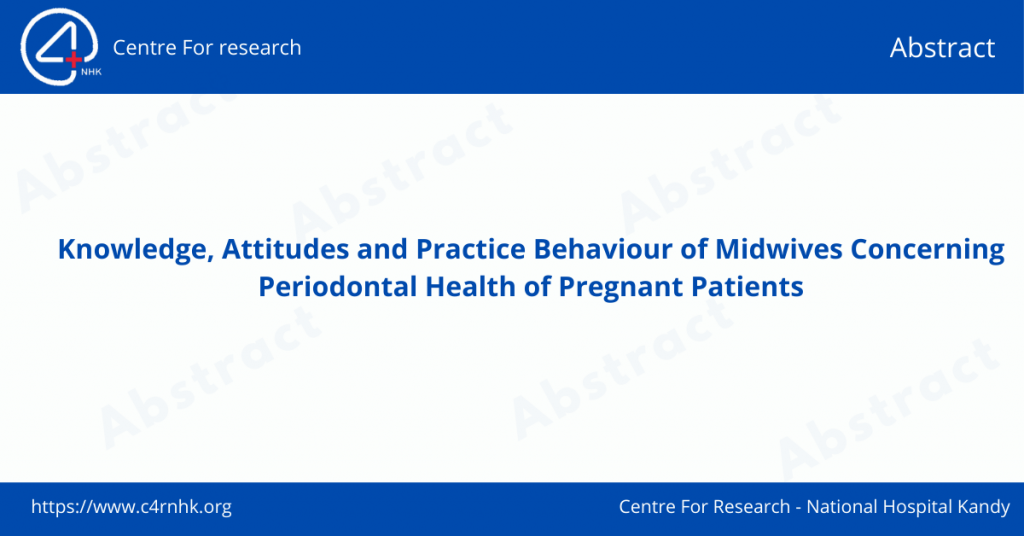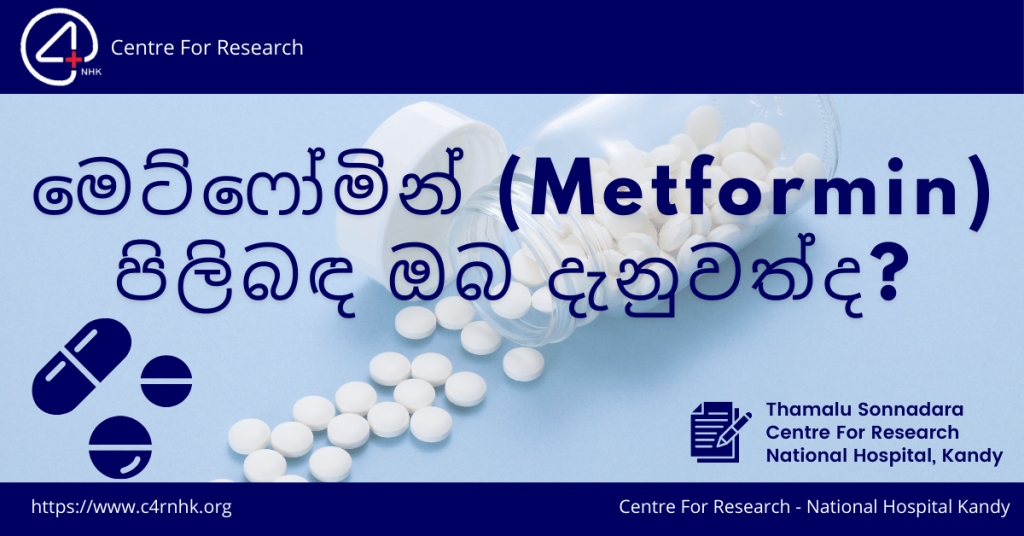Jennifer Gia-linh Nguyen,1,* Shanika Nanayakkara,2 and Alexander C. L. Holden2
Abstract
Maternal gum disease is associated with adverse pregnancy outcomes such as preterm birth and low birthweight. This study aims to evaluate the knowledge, attitudes and practice behaviour of Australian midwives regarding the periodontal health of pregnant women to inform interprofessional antenatal care. This was an observational, cross-sectional study. We circulated an online questionnaire to Australian midwives from August 2018 to February 2019. Key outcome variables were knowledge, attitudes, and practice behaviours related to oral health. Key predictor variables were years of practice, practice location, and dental history. We summarized responses with frequency tables and assigned tallied scores for analysis using non-parametric statistical tests. 100 responses were analysed, including from rural (n = 23) and urban (n = 77) midwives. Eighty percent of midwives agreed that maternal dental care can positively affect pregnancy outcomes. Fluoridated toothpaste use (19.1%) was incorrectly answered to prevent gum disease more often than psychological stress control (7.9%), a correct answer. Rural midwives demonstrated a significantly higher knowledge score (p = 0.001) and significantly more positive practice behaviours towards oral health (p = 0.014) than urban midwives. Australian midwives have positive attitudes towards antenatal oral health but misunderstand gum disease aetiology and prevention. This study highlights areas to improve interprofessional education for optimal oral health and pregnancy outcomes.
Keywords: midwifery, oral health, pregnancy, periodontal disease, adverse pregnancy outcomes, prenatal care, maternal health, interprofessional education, provider practices, women’s health


